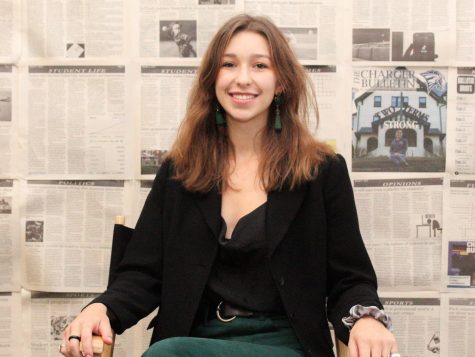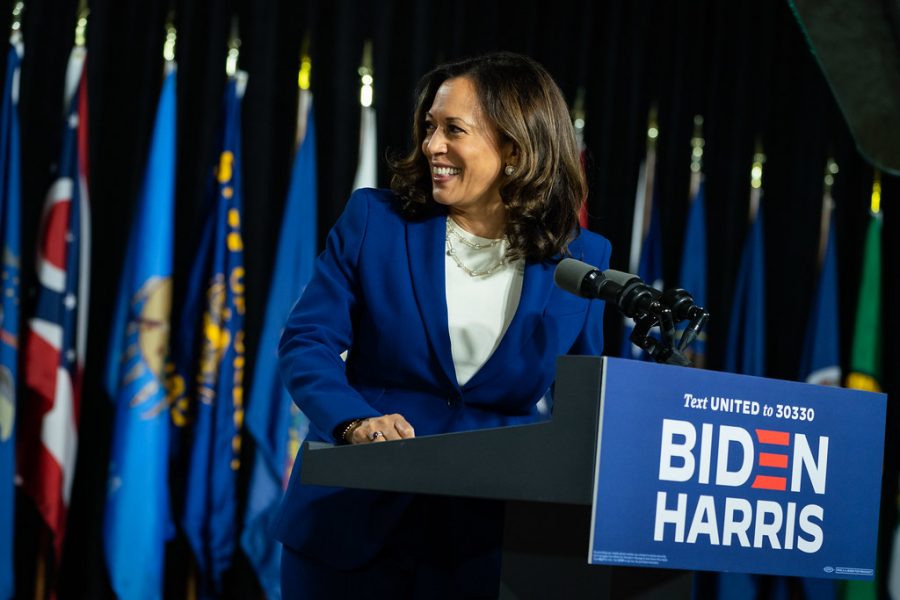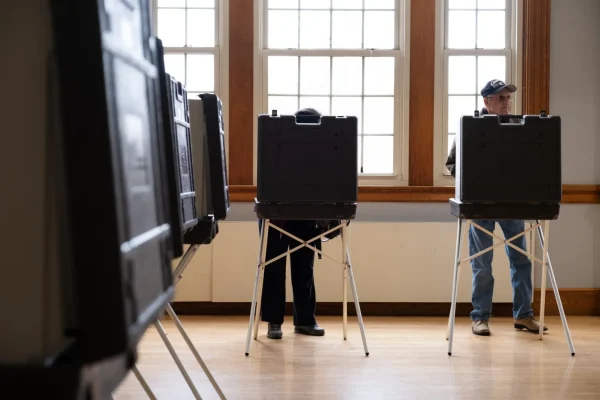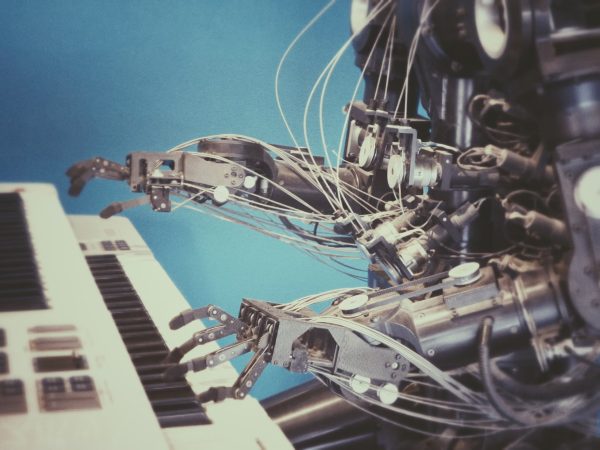Kamala Harris: A future of firsts and progress
On Jan. 19. Sen. Kamala Devi Harris was sworn into office as Vice President of the U.S, and now, as the highest-ranking woman in the country’s history, she is expected to continue to lead through a series of firsts and progress.
When Pres. Joseph R. Biden announced his running mate to be Kamala Harris, conversations surrounding the importance of representation and the impact of Harris holding office began to take hold. Not only is Harris the first woman to be vice president, but she is also the first Asian American and Black American vice president as her parents are from Jamaica and India. Harris, 55, is also one of the youngest leaders in current American politics.
Her list of firsts does not stop there.
Together, Harris and Biden make up the first presidential administration since 1980 that does not hail from Ivy League Universities. Harris is the first vice president from a Historically Black College or University (HBCU), Howard University and the first to be a member of a black sorority.
The label of “first,” forever attached to Harris’ name, does more than declare her notoriety and place in history. Increased representation in politics impacts society by demonstrating progress in reducing systemic barriers, providing a true demographic representation of the voter base constituency and bringing a diversity of thought and experience to political conversations.
Harris has demonstrated how important representation in politics is as she has shown over and over her ability to institute progressive policies meant to improve opportunities for all. As the elected District Attorney of San Francisco, she implemented a program to help first-time drug offenders earn their high school diploma. As the elected California Attorney General, Harris created the state’s first Bureau of Children’s Justice as a point of reform in the state’s Juvenile Justice reform. In her capacity as a lawyer, she has also supported exploited California homeowners, students, and veterans and defended the Affordable Care Act, environmental law, and marriage equality.
In her political career, as a Senator, she has protected DEAMers and fought for better conditions in immigrant detention facilities in the Homeland Security and Governmental Affairs Committee. She has also tackled issues surrounding securing American elections, international security, bail reform, hunger relief, rent regulations, maternal health care, and climate change among many others.
Harris most likely will continue her legacy of activism and progressive initiatives in her as vice president as she works to embody the words she spoke the first time she stood in a courtroom, “Kamala Harris, For the People,”
These words rang true when Harris gave her inaugural address. Speaking words of hope Harris called for unity in the nation, calling on all citizens to be innovators and pioneers as they have, “The courage to see beyond crisis, to do what is hard, to do what is good, to unite, to believe in ourselves, believe in our country, believe in what we can do together.”
As a pioneer, Harris embodies the words of her mother, “‘Kamala, you may be the first to do many things, but make sure you are not the last.”
After making history herself, Harris swore in three history-making Senators into office: Alex Padilla, California’s first Latina Senator, Rev. Raphael Warnock, Georgia’s first Black Senator, and Jon Ossoff, the youngest Senator elected to office since Biden in 1972. With the swearing-in of these Senators, the Democratic party officially took control of the Senate with Harris being the majority tie-breaking vote.
Presently, in the U.S government, Democrats control the House of Representatives, the Senate, and the presidency. Majority control combined with Biden’s diverse cabinet and Harris’ history of progressive policies has reduced the barriers to progressive policies and reform.

Isabelle Hajek is a senior at the University of New Haven majoring in psychology with a concentration in forensics and a double minor in criminal justice...









